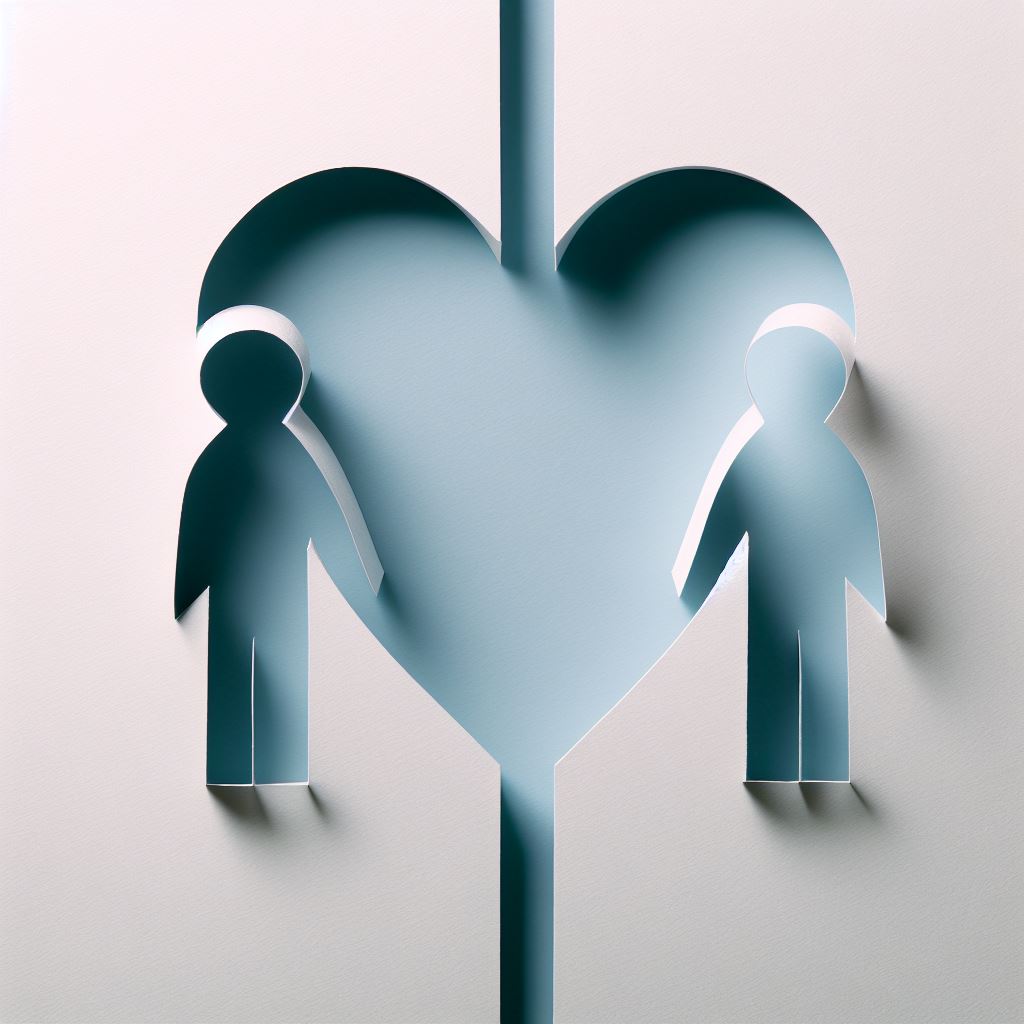
We often underestimate how much people will like us when we first meet them. Psychologists are calling this the “liking gap.”
When we first meet someone, one of the core questions we ask ourselves, whether consciously or unconsciously, is “Does this person like me?”
We all want to be liked by others. It’s a biological instinct that is largely driven by our evolution as a social species. Those who weren’t “liked,” were often ostracized by their tribe which made it very difficult for them to survive and flourish on their own.
The desire to be liked is natural, but how good are we at actually determining if someone likes us or not?
According to one interesting study published in Psychological Science, we often underestimate how much people will like us when we first meet them. Psychologists are calling this the “liking gap.”
In one study, researchers had two people who never met before have a typical 5 minute conversation (“Where are you from? What are your hobbies?”) They then had participants answer questions to measure how much they liked their conversation partner and how much they thought their conversation partner liked them.
Participants consistently believed that their conversation partner liked them less than they actually did.
Several other studies reported in the same paper showed that this “liking gap” persisted even during longer conversations and in real world settings. One study of college roommates found that many times this “liking gap” could last for several months.
What is it that makes us underestimate how much people will like us?
These findings are consistent with another recent study that discovered something called “the beautiful mess effect,” which shows that people similarly underestimate how much people will see our flaws and imperfections in a positive light.
However, these findings shouldn’t be too surprising.
We are hard-wired to be pro-social and to get along with others. Most people aren’t out in the world searching for enemies and conflict; instead, they just want to like others and be liked back. The comforting truth is that most people you meet on a daily basis are going to want to like you and will actively search for reasons to like you (until you give them a reason not to).
This is an important thing to keep in mind, especially if you’re someone who suffers from a lot of social anxiety, shyness, or low self-esteem.
It can often be difficult to approach new people and spark new conversations because deep-down we believe that people won’t like us or that they don’t want to talk to us. The fear of being negatively judged is the cornerstone of most social anxiety (in some cases, people even experience an imaginary audience judging them wherever they go). But these fears are often unfounded and the opposite of what is true.
So let me repeat it one more time: people actually want to like you. And that will hopefully make you a little less fearful about making a good first impression when you first meet someone.
The truth is if you give people the benefit of the doubt and believe that most people want to be your friend, this will make it infinitely easier to approach people, spark up conversations, make new friends, and ultimately build up your social circle.
One small habit I often recommend to people to become more social is to focus on building more “10 second relationships.” These are simple ways we can connect with everyday people on a daily basis – and there’s often very little pressure to them.
Keeping in mind the “liking gap,” we should feel even more encouraged to seek out new connections and start conversations with new people. It’s in our nature to want to connect. Let’s do it.
Enter your email to stay updated on new articles in self improvement:
